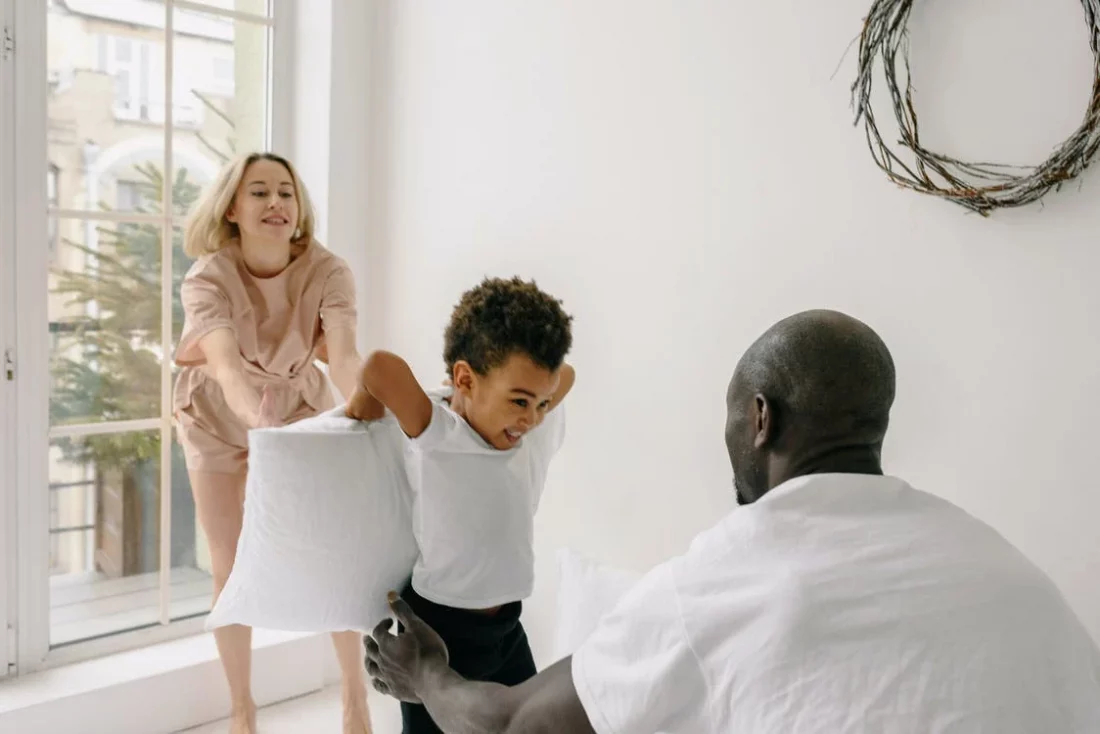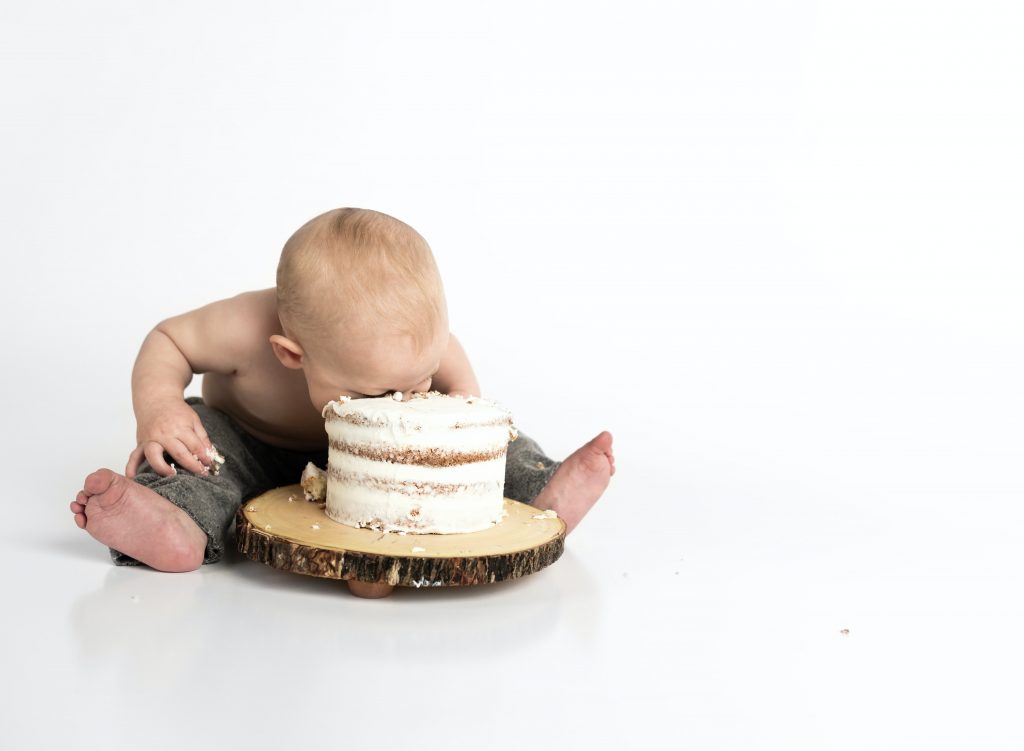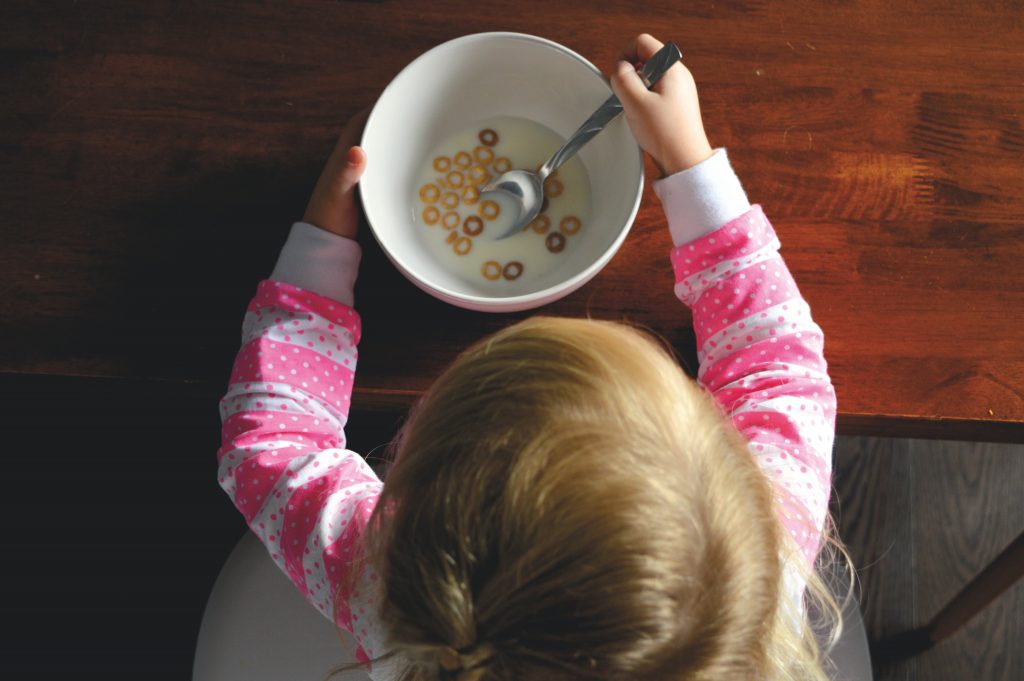Everyone talks about the days when your child expresses how much they love you, accompanied by a lot of cuddles. However, the part of preparing you are least prepared for is the aggressive behavior and the dreaded “I hate you.” Toddlers are still growing and developing emotions, and this means struggling to communicate how they feel. The more unpleasant emotions tend to display as outbursts, as the child adapts to processing sadness, anger, and stress. It can be a challenging part of parenting, but it can get easier by learning how to recognize and respond to your toddler’s aggressive behavior.
Remember That it is Normal
Aggressive outbursts can be a shock to parents whose toddler has not acted in such a way before. It is important to remember that it is normal, and you have not failed as a parent or created a monster. Seeing your child hitting, kicking, pushing, biting, or pinching can be difficult, as you might fear they lack empathy or kindness and will bully other children away from being their friend. Moreover, judgement from other parents could be your main worry. Most of the time, the aggressive behavior is just a phase and with the correct response, will quickly pass.
Educate, Do Not Punish
Typical responses to aggressive behavior in children end up backfiring because children do not intend to behave badly, they are just learning to express new emotions. Helping toddlers navigate emotions and learn why a particular behavior is inappropriate, is the best way to handle these situations. For instance, replace shaming with explaining. Fueling a child’s self-doubt is damaging and can lead to worse behavior but teaching them what to do the next time they are overwhelmed will be reassuring and positive. Deescalating aggressive behavior rather than adding pressure to it is likely to prevent it from occurring again, according to experts in aggressive toddler behavior psychology.
Consider Child Therapy
It can be challenging to steer toddlers away from a habit of aggressive behavior, and sometimes extra tools are needed. Considering child therapy to better the relationship between mom and child does not indicate bad parenting, but the contrary. Child therapy can offer many benefits to a family seeking guidance, providing information on recognizing and responding to aggressive behavior and overcoming difficult emotions. Do not hesitate to look for child mental healthcare professionals to take away some parenting worries.
Although it can be difficult to witness your toddler exhibit aggressive behavior, remember that it is a normal part of growing and developing new emotions. Recognizing and responding in a way that punishes your child is not appropriate and staying calm and helping them learn about their feelings and actions is much more effective at eliminating aggressive behavior. If you are struggling to approach the situation in a way that is helping, you could consider exploring child therapy to receive support and guidance in overcoming difficulties in parenting. The aggressive behavior will not last forever and your child is still as loving and caring as you know.


